JB note: While I am all in favor of scholarship, I am quite skeptical of academics who have never actually "gotten their hands dirty" in practicing public diplomacy (PD) "in the field" who theorize (and, especially, teach) about it.
My sense is that U.S. PD -- not that complicated, after all -- is an activity that requires an appreciation of other cultures/languages (seldom acquired at insular American universities); the ability to share ideas with local interlocutors; tact; and good manners.
Such elementary principles have not necessarily been promoted by ivory-tower tenure-seeking/protecting academics, eager to create yet another "science" of their choosing.
My advice, for what it's worth, for Americans, young or old, wishing to serve their country as best they can in "public diplomacy": Travel abroad; get work experience before joining the Foreign Service (it might help you pass the entrance exam); really speak languages other than English; and, above all, don't take yourself too seriously and -- what they, perhaps, don't usually teach you in "PD" grad school -- expect the unexpected. (Especially from arrogant academics).
This does not require an expensive "MA" in Public Diplomacy. Just common sense, acquired by experience and, above all, humility.
This series examines theory and practice in public diplomacy from a global perspective, looking closely at public diplomacy concepts, policies, and practices in various regions of the world.
In this Series
17 titles found
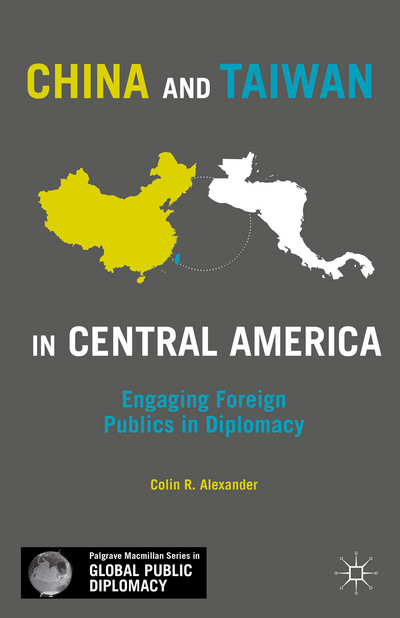
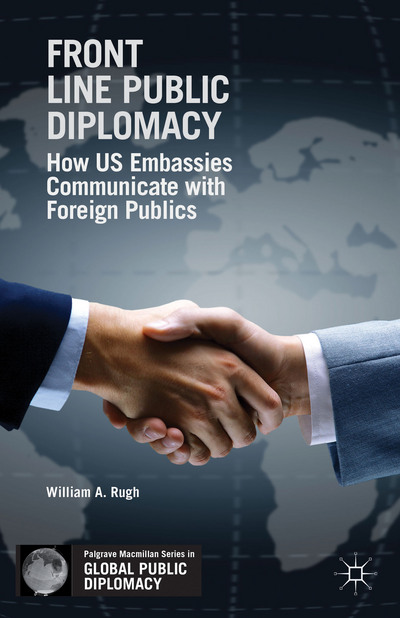
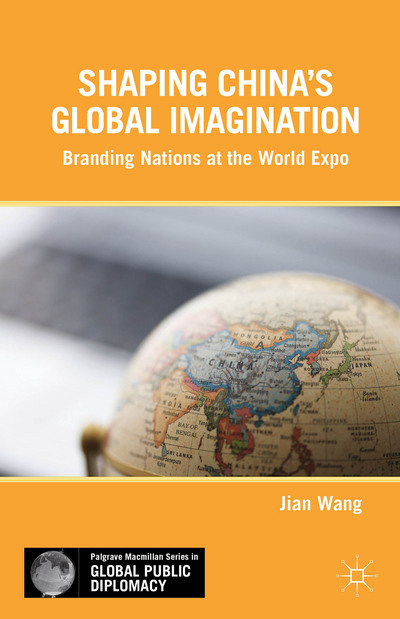
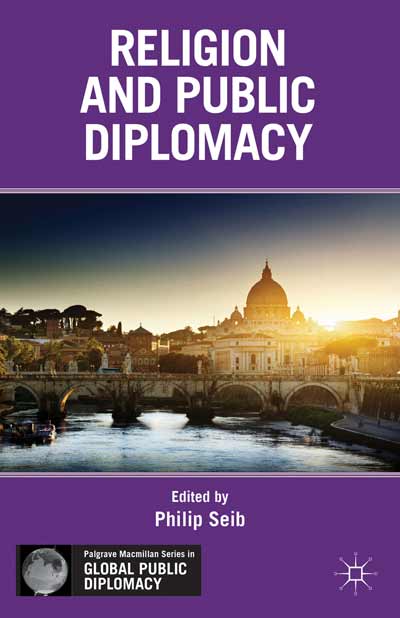
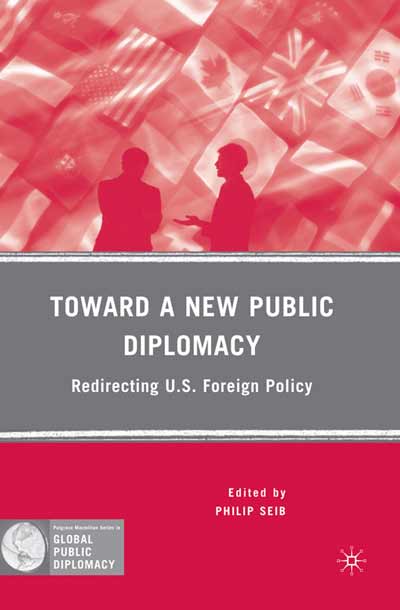
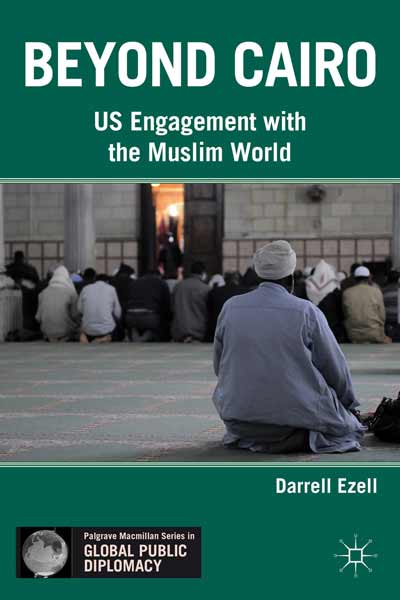
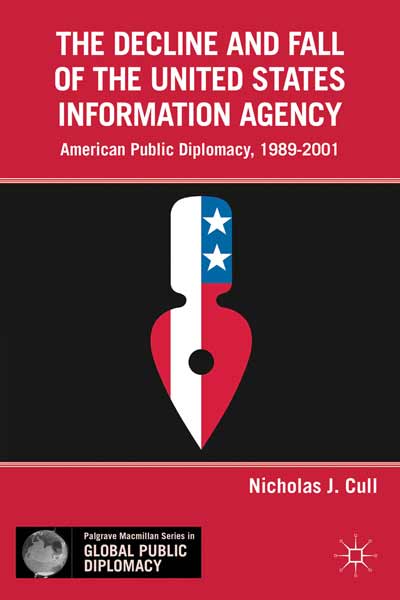
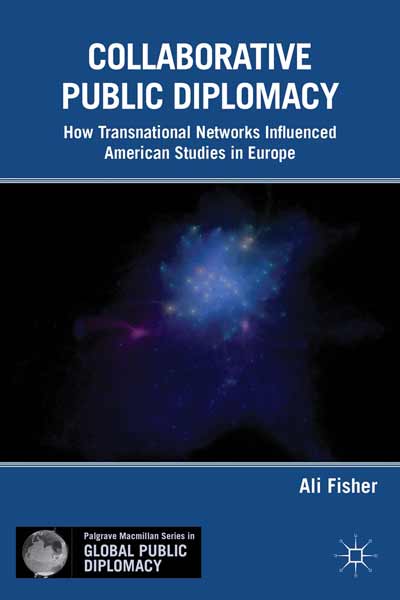
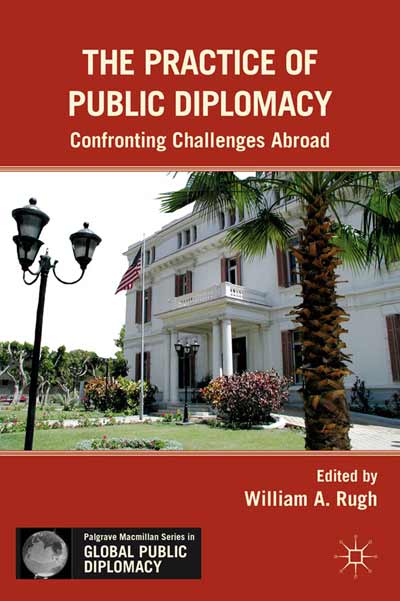
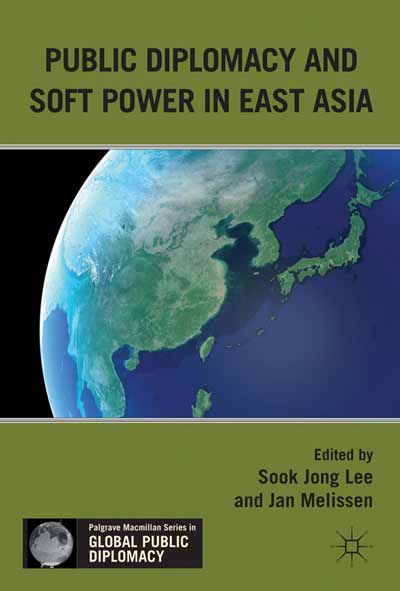
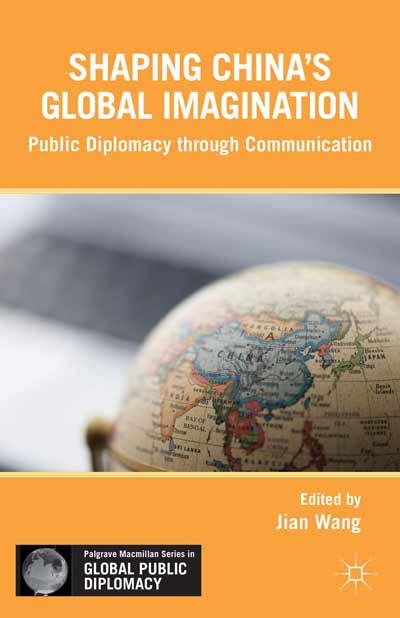
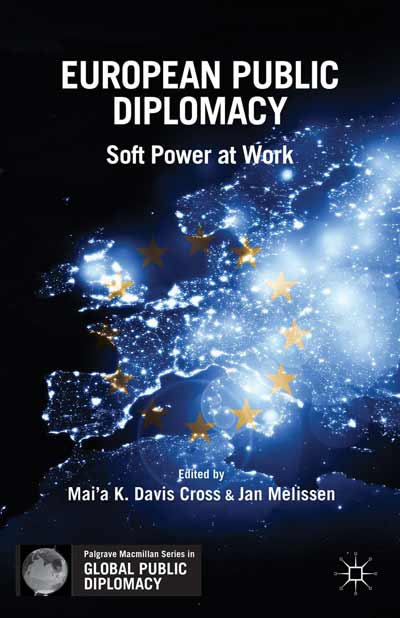
No comments:
Post a Comment